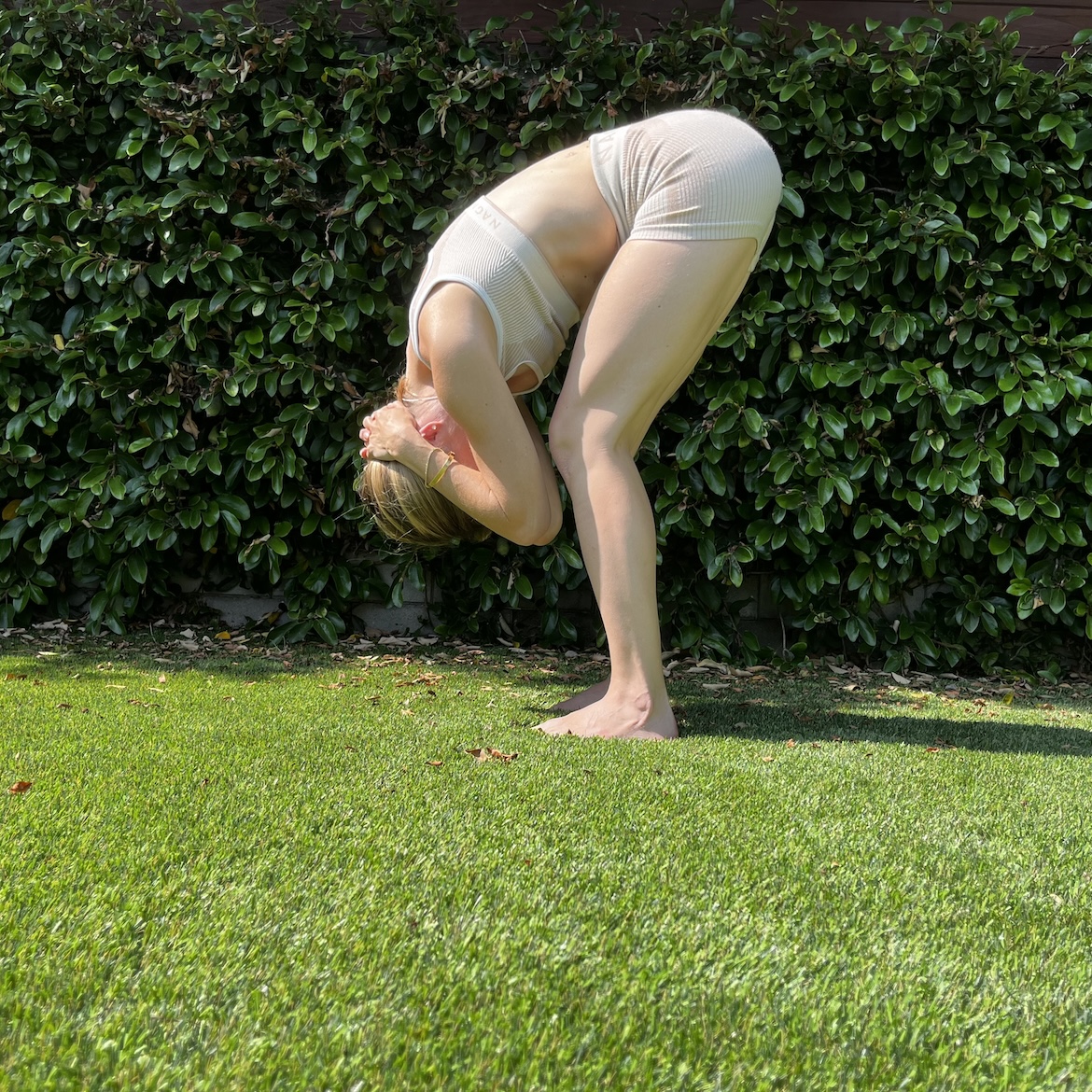If you think you need to pound out reps of heavy squats or all-out sprints on the treadmill for as long as you can to benefit your health, think again. As it turns out, an activity as straightforward and relaxing as walking can add years to your life, according to new research.
In the study, published Thursday in the British Journal of Sports Medicine, researchers looked at data from people age 40 or older who participated in the 2003 to 2006 U.S. National Health and Nutrition Examination Survey. They then created a predictive model to approximate the effects that different levels of physical activity had on life expectancy.
The results? Exercising like the 25 percent most active Americans who took part in the survey may help those over 40 live about five years longer. More specifically, those considered the most active do the equivalent of walking 160 minutes per day at about 3 miles per hour, which the study authors refer to as a “normal pace.”
It’s good to keep in mind, though, that this is an observational study. Translation: It found a connection between walking and a longer life, but this doesn’t mean you’re guaranteed to live longer if you walk this much. But if you want to get more steps in, here are a few other benefits walking has on our health.
The benefits of walking for overall health
This isn’t the first time research has cited walking as beneficial to our health. A 2020 study in The BMJ found that even walking at a leisurely pace can boost life expectancy by offsetting the effects of sedentary lifestyles when done on a regular basis.
Walking is also good for heart health, according to Mass General Brigham. Regular steps help lower your cholesterol and blood pressure and improve your arterial health. (Your arteries are blood vessels that carry oxygen-rich blood from your heart to your body.)
We’d be remiss to mention the effects walking has on your mood and energy levels. It reduces stress, depression, and anxiety, helps you think clearly, and perks you up, per Mass General Brigham.
We could go on—and we will. Walking keeps your joints healthy, your GI issues at bay, your sleep quality in good shape, and your brain sharp.
How to start a walking routine you’ll actually want to stick to
If you’ve never been a walker or if it’s been a while, you may be wondering how exactly you should go about creating a walking routine for yourself. First things first: start small. “When you’re starting, try to only do five or 10 minutes a day,” walking coach Michele Stanten previously told Well+Good. “It’s really doable, but what it does is get you in that habit of walking every day.”
Next, set a “cue” that reminds you it’s time to get your steps in. Maybe that’s heading straight to your favorite walking path after you’re done dropping your child off at school each day. Or maybe you hop on the treadmill after you finish dinner. Any reliable daily activity you have, tie it to walking. Soon, it’ll become a habit.
It’s also a good idea to mix up your walking routes and/or listen to your favorite tunes or podcasts to prevent boredom. Plus, you have something new to look forward to if you’re walking in a different area or have a new episode of a podcast you’ve been waiting for, Stanten said.
Flash News
Empowering you to live a fit and healthy life






